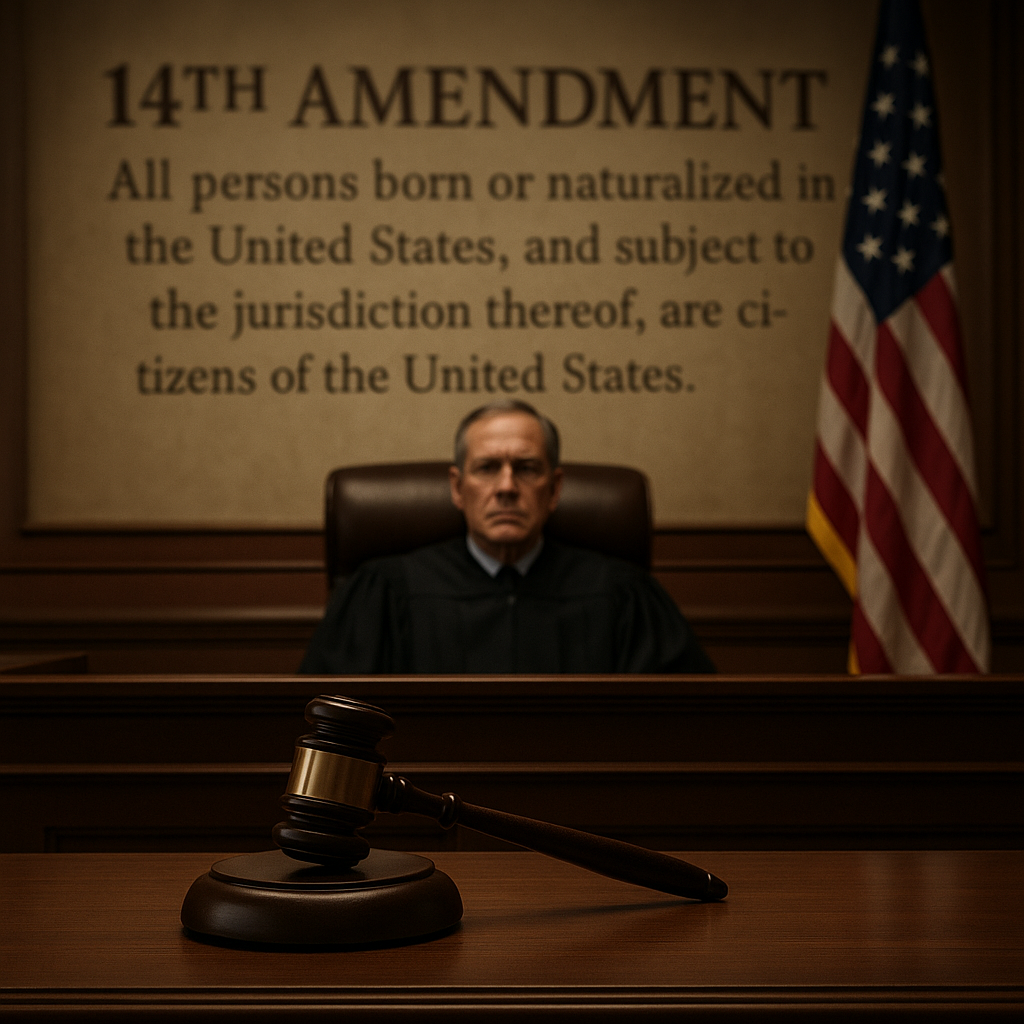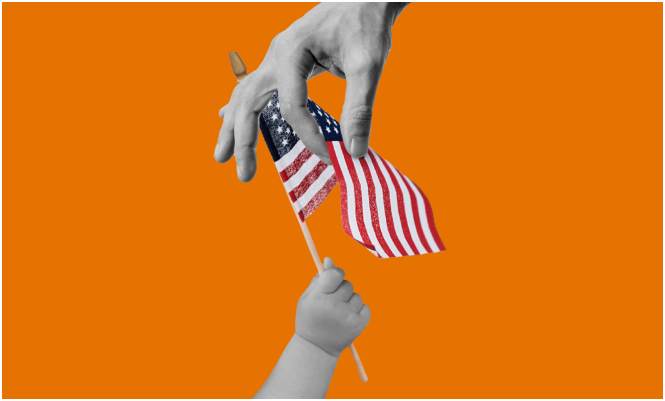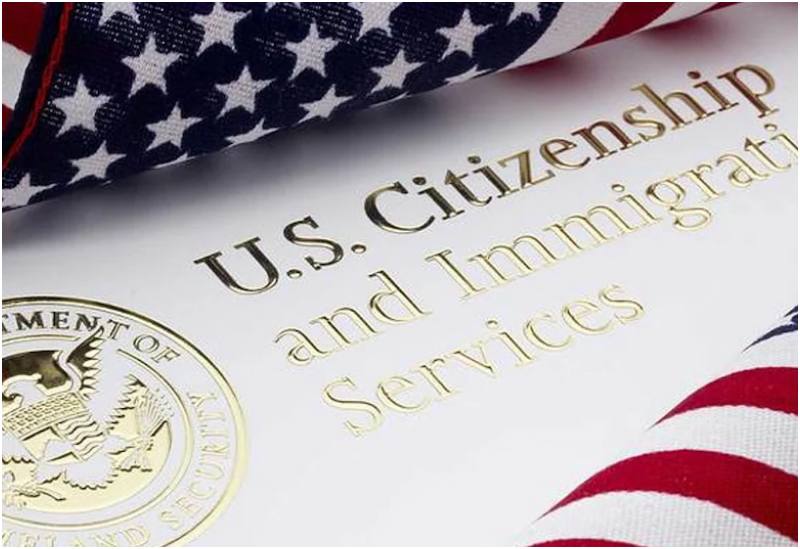In the wake of the U.S. Supreme Court’s recent decision in CASA v. Trump, the once-universal guarantee of birthright citizenship is no longer assured nationwide.
Instead, the constitutional right, long enshrined in the 14th Amendment, is now protected only in the 24 states that filed legal challenges against former President Donald Trump’s executive order to end it.
The decision significantly limits the ability of federal judges to issue nationwide injunctions. That shift in judicial authority leaves families in more than two dozen states vulnerable. Unless their state government has taken legal action, children born to undocumented or temporarily residing parents could be denied U.S. citizenship as early as July 27, 2025.
What Did the Court Decide?

The Supreme Court ruling in CASA v. Trump affirmed that federal district courts lack broad power to universally block executive actions—unless they do so through class action lawsuits or where plaintiffs reside. In practical terms, this means that only those states actively challenging the executive order can block its enforcement within their borders.
Legal scholars say the ruling reflects a broader effort by the Court to rein in the influence of lower federal courts on national policy. But critics warn the decision effectively creates a two-tiered system of citizenship rights depending on geography.
“This is a seismic shift in how constitutional protections are administered,” said one constitutional law expert. “For the first time in modern U.S. history, a child’s birthright could depend on the state they’re born in.”
States Protecting Birthright Citizenship

As of July 3, children born in the following 24 states remain protected from Trump’s executive order due to ongoing lawsuits or successful injunctions:
- Arizona
- California
- Colorado
- Connecticut
- Delaware
- Hawaii
- Illinois
- Maine
- Maryland
- Massachusetts
- Michigan
- Minnesota
- Nevada
- New Hampshire
- New Jersey
- New Mexico
- New York
- North Carolina
- Oregon
- Rhode Island
- Vermont
- Washington
- Wisconsin
Legal observers expect these protections to remain in effect until the underlying lawsuits are resolved—or unless overturned by a higher court.
States at Risk of Losing Protections
Meanwhile, 26 states could see birthright citizenship revoked for newborns as early as July 27, unless they intervene legally:
- Alabama
- Alaska
- Arkansas
- Florida
- Georgia
- Idaho
- Indiana
- Iowa
- Kansas
- Kentucky
- Louisiana
- Mississippi
- Missouri
- Montana
- Nebraska
- North Dakota
- Ohio, Oklahoma
- Pennsylvania
- South Carolina
- South Dakota
- Tennessee
- Texas
- Utah
- Virginia
- West Virginia
- Wyoming
Children born in these states after that date may not automatically receive U.S. citizenship—potentially rendering them stateless and without access to essential rights or benefits.
A Call to Action
Immigrant rights advocates are urging residents in at-risk states to act swiftly.
“If your state hasn’t joined the legal fight, your children’s future is in jeopardy,” said an attorney working with the plaintiffs. “Call your governor, your attorney general, your state lawmakers. This is about protecting families—and preserving a constitutional promise that’s stood for more than 150 years.”
The 14th Amendment’s citizenship clause has been a cornerstone of U.S. identity since 1868. But this latest development reveals how federalism and judicial restraint may reshape constitutional interpretation in the years ahead.
What You Can Do
- Check if your state has challenged the executive order.
- Contact your state officials and demand legal action.
- Vote for leaders who will defend constitutional protections.
- Share this information to ensure your community understands the stakes.
In this legal tug-of-war over who is entitled to “the greatest privilege that exists in the world,” the future of America’s next generation may hang in the balance—state by state, birth by birth.

